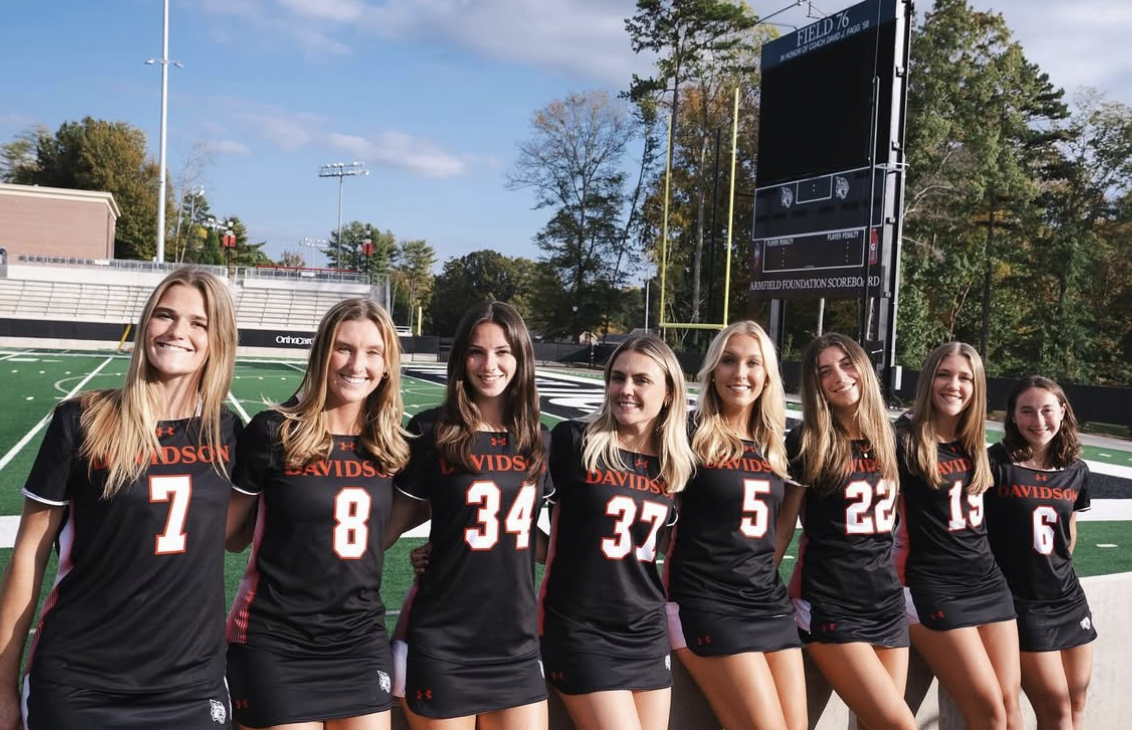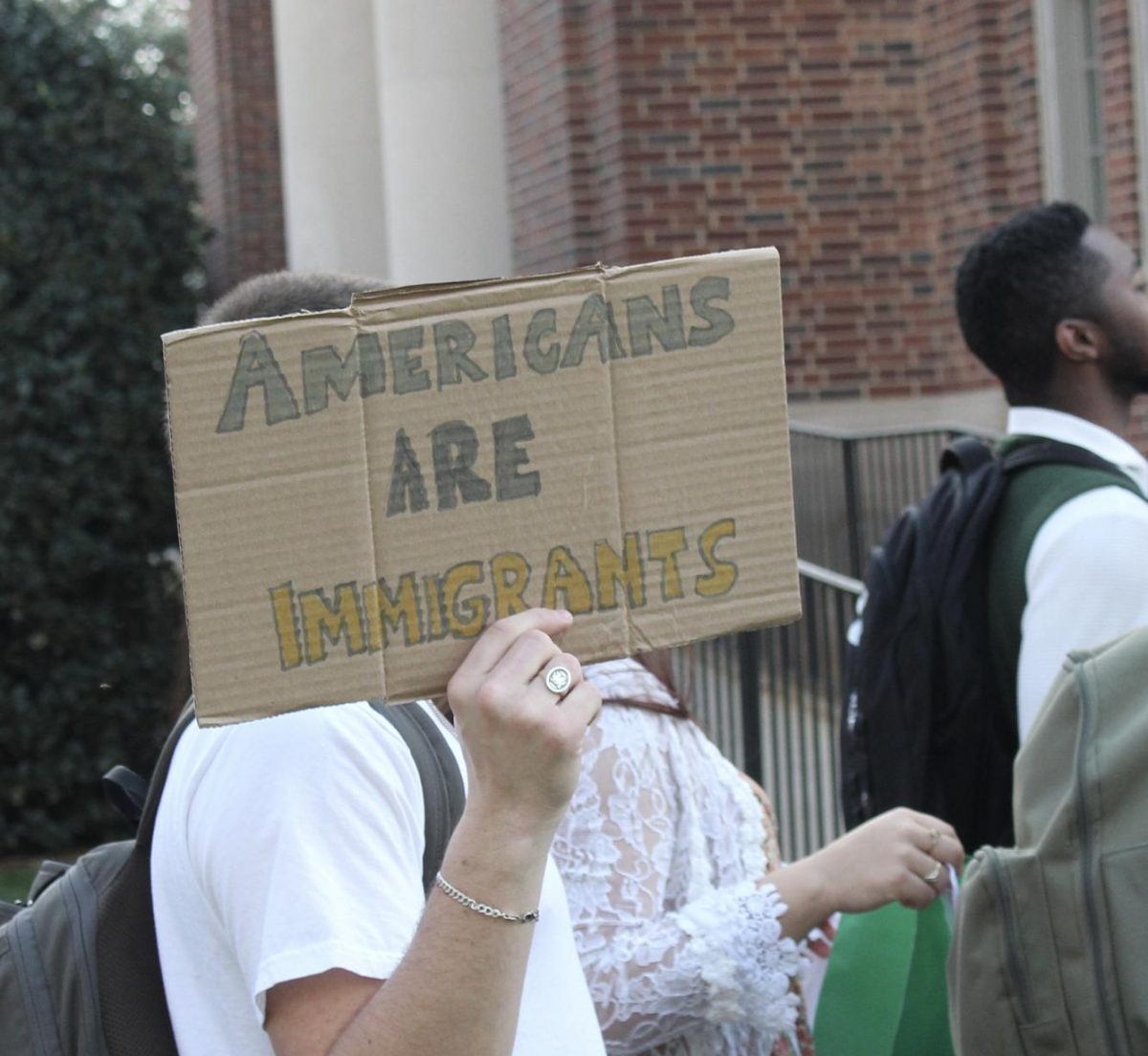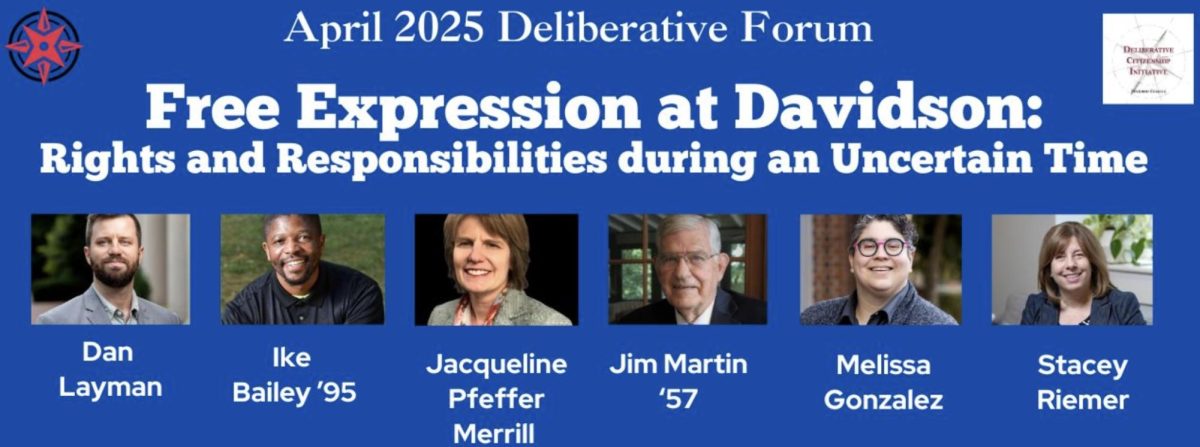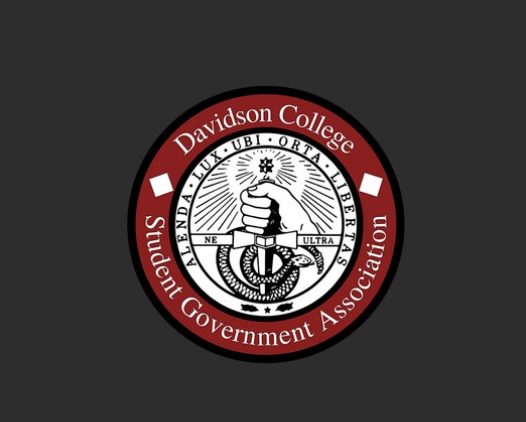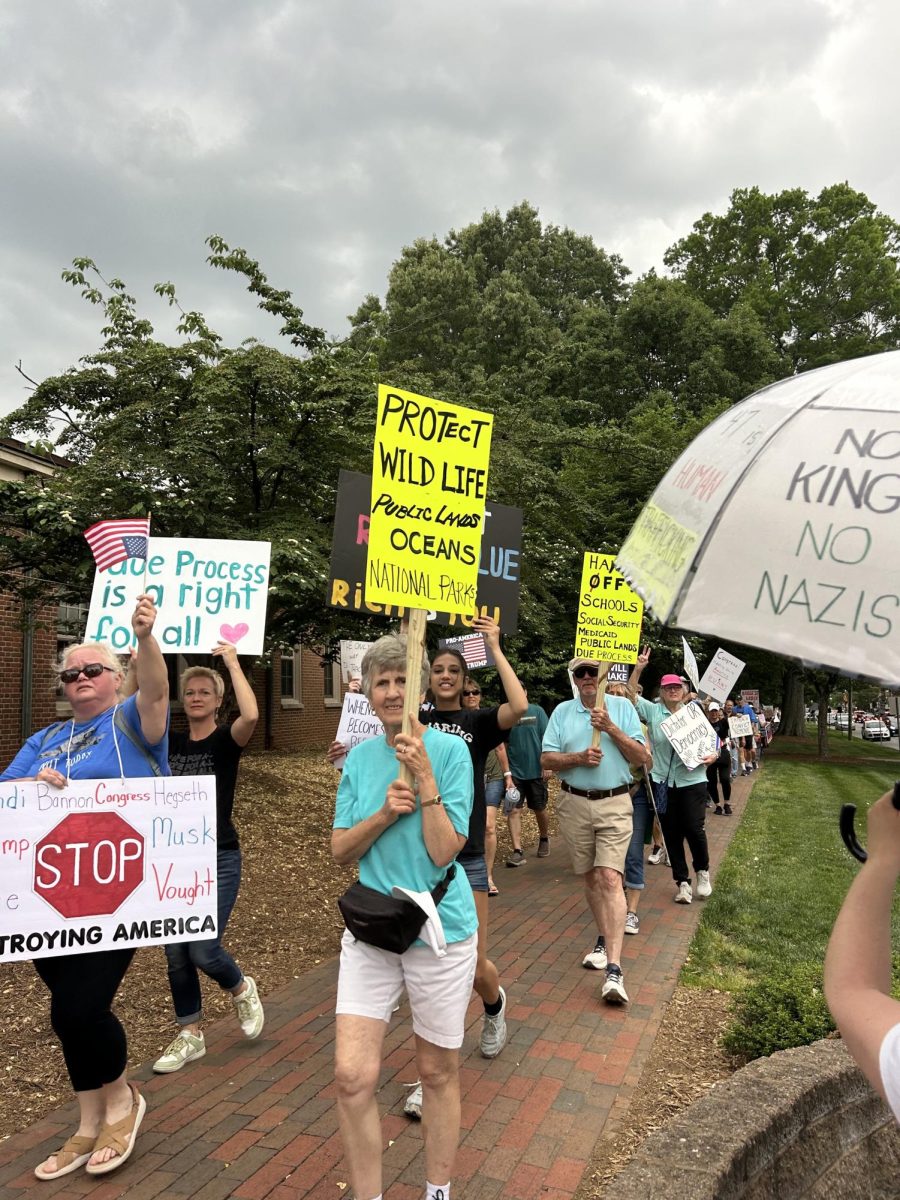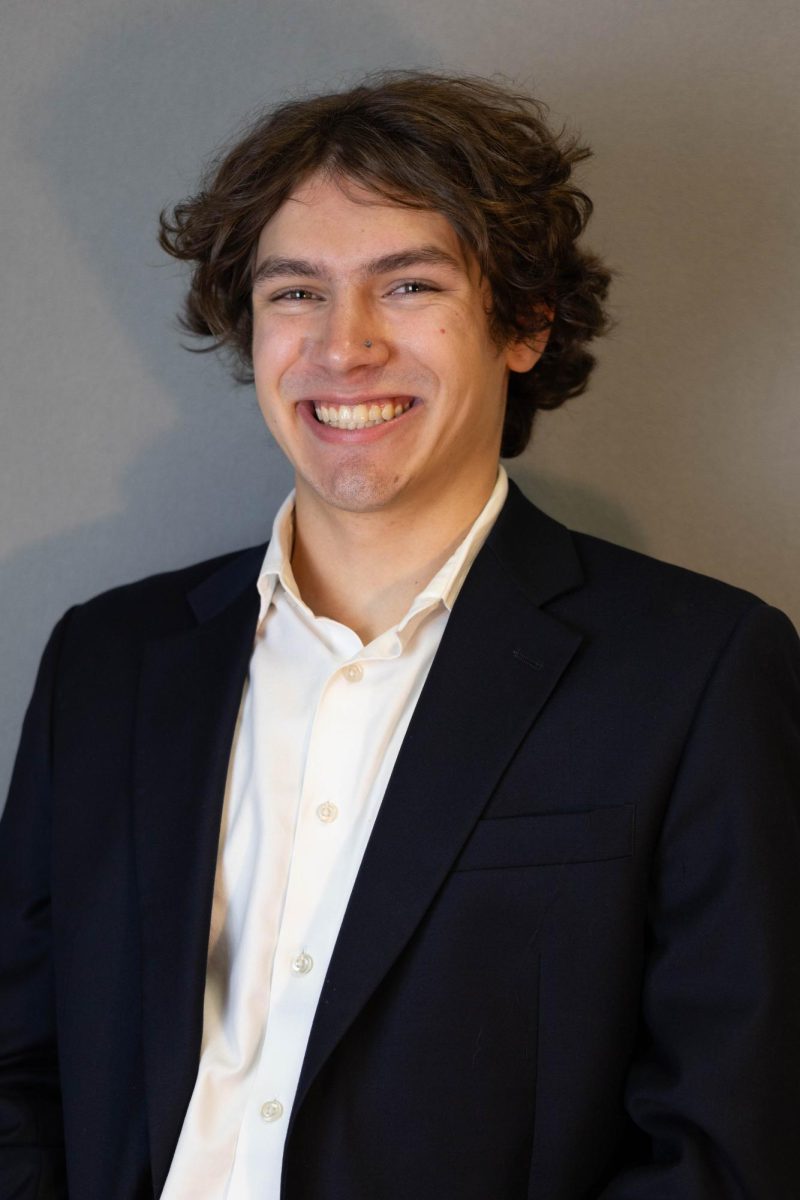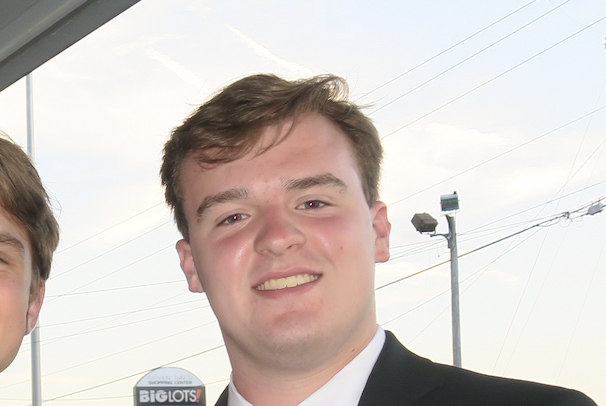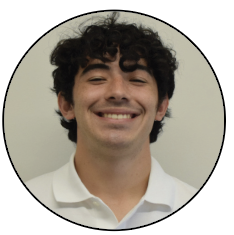 Davidson College prides itself on fostering an environment where “faith and reason work together,” where students and scholars pursue truth without fear and where the dignity of every individual is upheld.
Davidson College prides itself on fostering an environment where “faith and reason work together,” where students and scholars pursue truth without fear and where the dignity of every individual is upheld.
These principles are enshrined in our Statement of Purpose, oft-cited by President Doug Hicks in campus-wide emails, which emphasizes our commitment to “diversity,” “free inquiry” and “preparing graduates for leadership.” But although these values are referenced in glossy brochures and strategic plans, we must ask ourselves: what do they actually mean in practice—especially when the very idea of higher education is under attack?
What does “leadership” look like in a moment when students are being arrested, detained and deported for engaging in political activism on college campuses?
Across the country, Immigration and Customs Enforcement (ICE), under the Trump administration’s direction, has escalated its efforts to suppress political dissent by targeting non-citizen students, particularly those who have spoken out against Israel’s genocide in Gaza. However, it’s important not to confuse the issue: what’s happening at colleges across the country isn’t about antisemitism or trans rights or whatever culture war issue the Trump administration cites for their aggression. It is about the First Amendment and this president’s willingness to use his power to weaken our constitutional protections.
Take Mahmoud Khalil, a graduate student at Columbia University and a legal permanent resident of the United States. Khalil, a prominent organizer of pro-Palestinian protests at Columbia, was forcibly taken from his pregnant wife in an ICE raid and remains imprisoned in Louisiana without formal charges or due process. The State Department has claimed, without evidence, that Khalil “led activities aligned to Hamas.” In reality, Khalil’s “crime” was participating in peaceful protests on behalf of Palestinian human rights—protests that were publicly organized, legally permitted, and protected by the First Amendment. There has been no conviction, no trial, and no legal basis for Khalil’s continued detention. His case is not only a grave violation of civil liberties but a clear example of how immigration enforcement is being weaponized to stifle political dissent.
Another target of the Trump administration is Momodou Taal, a Cornell graduate student and U.S. dual citizen. Taal is known for his outspoken advocacy for Palestinian freedom and has been involved in campus protests and legal actions defending students’ First Amendment rights. After speaking out, ICE ordered him to appear in court and surrender to their custody. Like Khalil, he hasn’t been charged with a crime. ICE’s actions appear to be purely political retaliation.
These are not isolated incidents. As previously stated, the current administration is weaponizing immigration status to stifle dissent and intimidate students whose speech the Trump administration disagrees with. The implications of this strategy are deeply chilling. International and undocumented students—many of whom chose to attend institutions like Davidson because of the College’s professed commitment to moral courage and intellectual freedom—are now made to fear that a protest sign, a social media post or even attending a teach-in could cost them their visa, their degree or their freedom.
The Trump administration’s assault on free speech extends to academic institutions. Recently, Columbia agreed to a series of concessions in exchange for the potential restoration of $400 million in federal funding. These concessions include adopting a formal definition of antisemitism, creating a new internal security force with arrest powers and placing the Middle Eastern, South Asian and African Studies Department under “academic receivership.”
It’s hard not to see Columbia’s decision as anything other than a capitulation. As reported in The New York Times, Todd Wolfson, president of the American Association of University Professors, described the move as the “greatest incursion into academic freedom and free speech” since 1950s McCarthyism.
Trump allies and followers are relishing the moment and celebrating the descent into unconstitutional authoritarianism.
“Columbia is folding and the other universities will follow suit,” conservative activist Christopher Rufo told The New York Times. Rufo, a staunch enemy of diversity, equity and inclusion programs, said in the same article, “This is only the beginning.”
Vice President JD Vance, a Yale Law graduate, has gone further, calling universities “the enemy.” The administration has already threatened the University of Pennsylvania with the loss of $175 million in funding over its support of a transgender athlete on the women’s swim team. It is not just hundreds of millions in funding at stake—it is the autonomy of institutions that have long been incubators of free thought, democratic values and social critique.
The implications for colleges like Davidson are clear. If a powerhouse like Columbia—with a multi-billion dollar endowment, access to some of the nation’s greatest legal minds and a storied history of activism—can be forced into compliance, what are smaller institutions like Davidson meant to do? What safeguards are in place for students and scholars, especially those who are international, undocumented or politically outspoken? Can we live up to our Statement of Purpose, even if it means defying the current government?
Clyde Dwyer is a PPE and East Asian studies double major from Brooklyn, NY and can be reach for comment at cldwyer@

